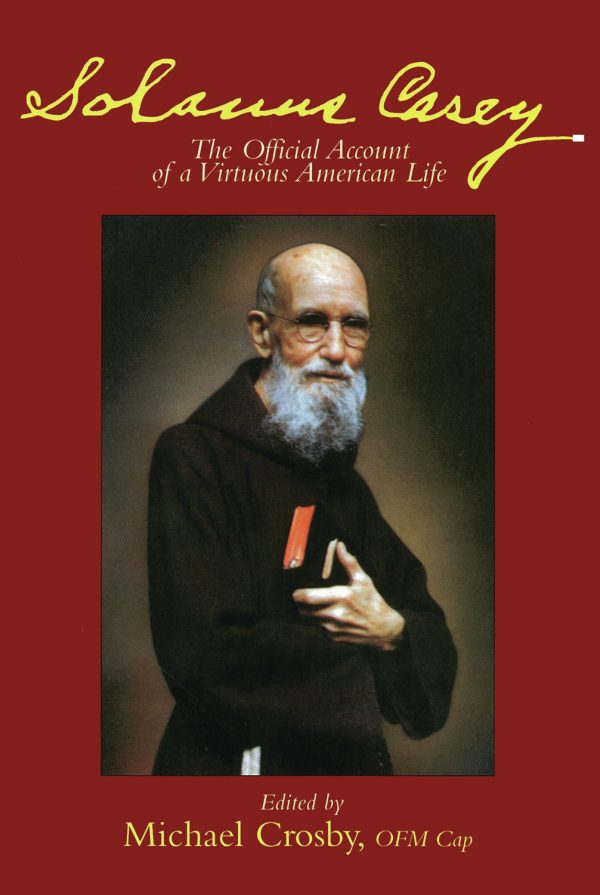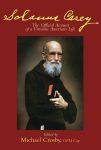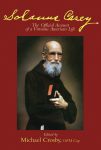- Title: Solanus Casey
- Subtitle: The Official Account of a Virtuous American Life
- Page Count: 304
- Available Formats: Trade-paper (9780824518356)
- Trim Size: 6 x 9
- Publication Date: 01/02/2000
- BISAC 2 : BIOGRAPHY & AUTOBIOGRAPHY / Religious
- BISAC 3: RELIGION / Christianity/History
- Original language: English
- Retail US: Trade-paper (19.95)
- Retail Canada: Trade-paper ()
- Retail Canada: 21,95



